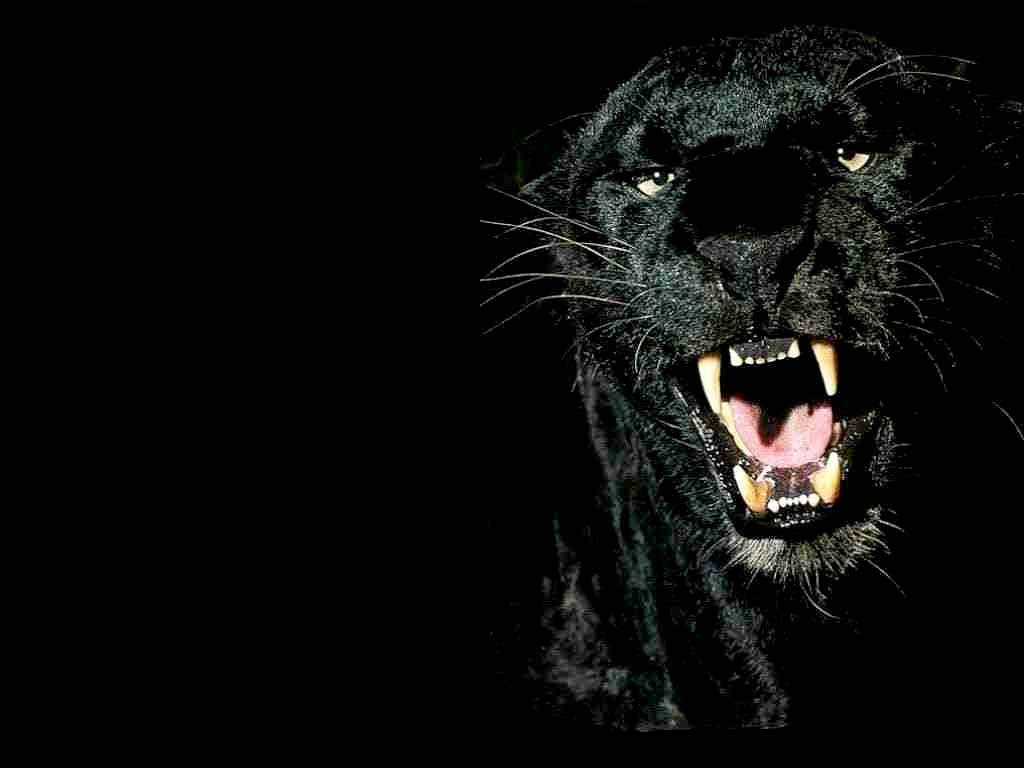“Do Seek Their Meat From God” is a short story written by
Canadian writer, Charles G. D. Roberts. There is an allusion in the title that
is form Psalm 104 “The young lions roar after their prey, and seek their meat
from God.” The panthers in the short story are just like the lions, roaring to
the meat, to this extent, mean that seeking or praying for what they desire.
From the Psalm, we can learn that seeking for your desire couldn’t accomplish
any will but making you realize what you want must be earned from God. Lions
roar because they want meat but never gain from God because the lack of
seeking. And now we should tie the quote of Psalm 104 back to the short story
“Do Seek Their Meat From God.” The panthers roar to the child because of
hunger and range just like the lions do to meat. However, I found quite
interesting that neither of the panthers’ in the short story nor the lions’
from Psalm dream comes true in the end, although the panthers are killed by
human instead of finishing with God’s punishment. From above, the title of
Roberts’s short story matches with the quote from the Bible pretty well. The end of "Do Seek Their Meat from God"
is a duality: for one specific group, it concludes happily while for the second
group, it ends badly. This short story tells about a family of black panthers and a family of people. The panther's
behaviours are motivated by the need to catch their next meal. The people's behaviors are motivated by
the desire to find friends and the need to have food around all the time. For
the panthers, they follow their
natural feeding instincts and find a young boy trapped in the dark in an
abandoned shack, it ends tragically when both female and male panthers are shot
and killed. For the humans, it
ends happily when the father finds he has without knowing saved his own son from
being eaten by the panthers. The ironic
climax of the panther's terrible luck is that later, the man finds the
two panther cubs lying dead in their playroom.
